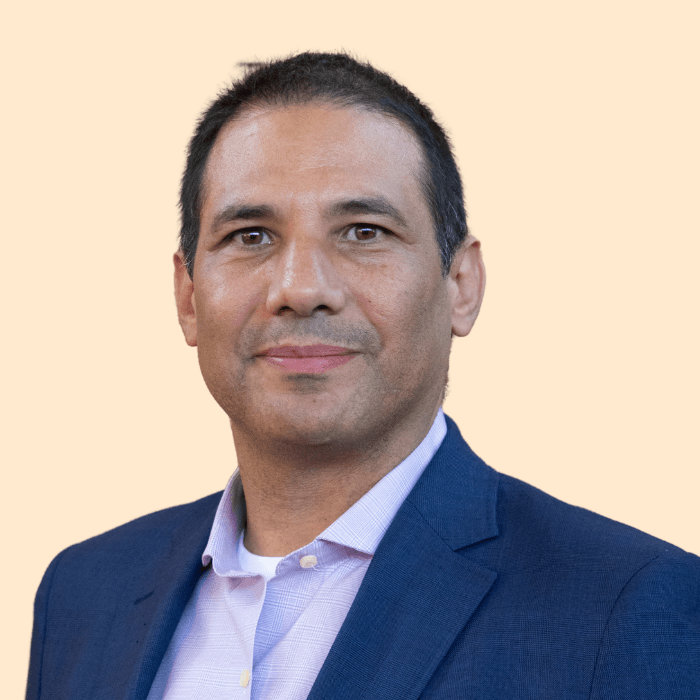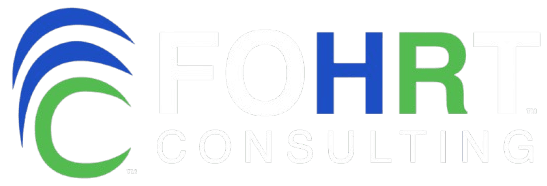Sustainable Talent Management: Aligning Employee Development with Long-term Business Growth
In a rapidly changing workforce, the ability to manage talent sustainably is crucial for long-term business success. Sustainable talent management focuses on not just filling immediate skill gaps but also aligning employee growth with long-term organizational goals. By investing in talent development and retention, businesses can create a foundation for future success.
What is Sustainable Talent Management?
Sustainable talent management is an approach that prioritizes employee development and well-being alongside business objectives. Instead of simply reacting to short-term hiring needs, sustainable talent management considers how to develop and retain employees over time, ensuring that they grow with the organization.
Key Elements of Sustainable Talent Management
- Long-term Workforce Planning
One of the cornerstones of sustainable talent management is long-term workforce planning. This means identifying the skills your business will need in the future and developing employees accordingly. Workforce planning should also account for potential talent gaps caused by retirements, industry shifts, and technological advancements. - Continuous Learning and Development
Investing in continuous learning and development is critical for keeping your workforce engaged and prepared for future challenges. Offer employees opportunities to develop new skills and stay relevant in their roles. This not only benefits individual growth but also positions your business to remain competitive in an ever-changing market. - Succession Planning
Succession planning ensures that when key employees leave, their roles can be filled by individuals who are already familiar with the organization. A sustainable talent management strategy involves identifying potential leaders early and providing them with the resources they need to step into leadership roles in the future. - Employee Engagement and Well-being
Engaged employees are more productive, loyal, and less likely to leave the organization. Sustainable talent management goes beyond compensation to include initiatives that support employee well-being, work-life balance, and career satisfaction. This can include flexible work arrangements, mental health resources, and fostering a positive work environment. - Diversity and Inclusion
Building a diverse workforce is essential for sustainable talent management. By ensuring that people from various backgrounds have equal opportunities to succeed, your organization can benefit from a wide range of perspectives, which drives innovation and strengthens the company’s ability to adapt.
Aligning Talent Management with Business Growth
Sustainable talent management isn’t just about developing employees—it’s about aligning their growth with the business’s goals. Here are a few ways to achieve this alignment:
- Link Talent Development to Business Strategy: Ensure that employee development initiatives support broader business objectives. For example, if your company is focused on expanding into new markets, prioritize skills development related to intercultural competence, international regulations, and leadership.
- Measure the ROI of Talent Investments: Track how investments in employee development contribute to business outcomes. This could be through improved retention rates, higher productivity, or increased innovation. By measuring the return on investment (ROI) of talent development, you can make a stronger business case for continued investment in people.
- Engage Leaders in Talent Development: Ensure that leadership plays an active role in mentoring, developing, and nurturing employees. This creates a culture where talent management is seen as a priority from the top down.
Conclusion
Sustainable talent management is about more than just filling roles. It’s about creating an environment where employees are continually growing, engaged, and aligned with the long-term goals of the business. By prioritizing employee development and aligning it with business growth, organizations can ensure they have the talent they need to thrive in the future.



